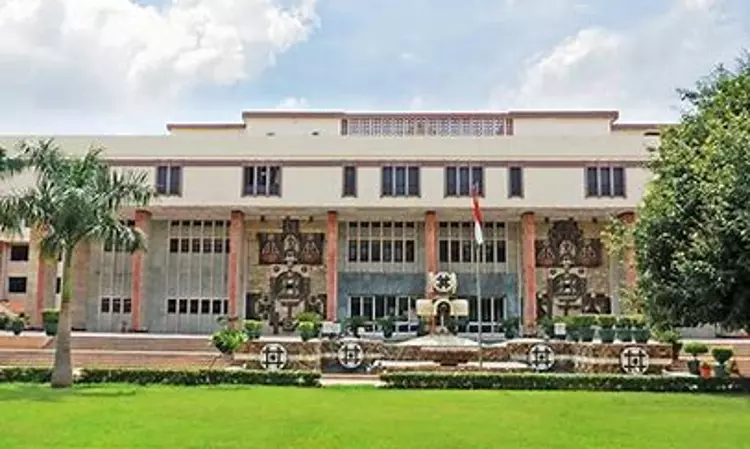Expansive Interpretation Of “Last Pay Drawn”; Term Includes CPF Contributions: Delhi High Court
Pranav Kumar
5 Dec 2024 8:55 AM IST

Next Story
5 Dec 2024 8:55 AM IST
Delhi High Court: A Single Judge Bench of Justice Dharmesh Sharma found the Chief Secretary of GNCTD to be in contempt for not complying with court orders regarding certain Contributory Provident Fund (CPF) contributions. These CPF contributions were for judicial members of the State Consumer Disputes Redressal Commission (SCDRC). The court affirmed that “last pay drawn” includes...
